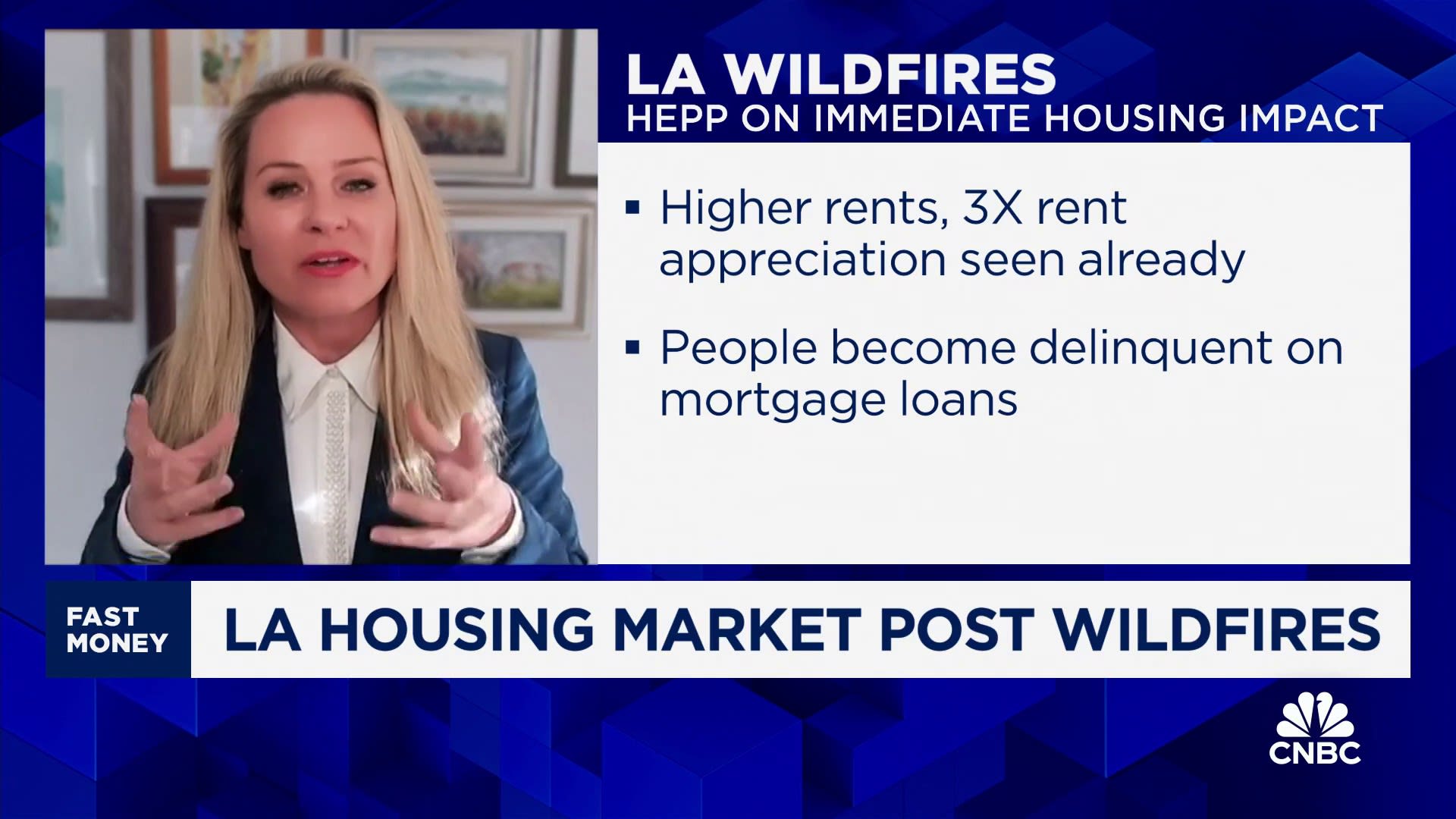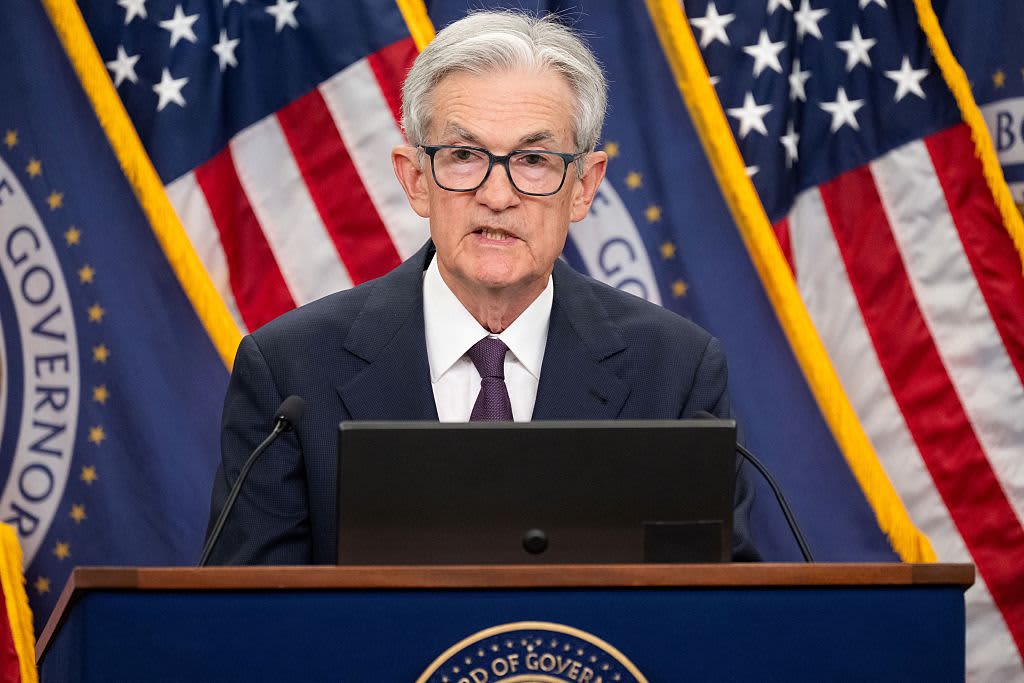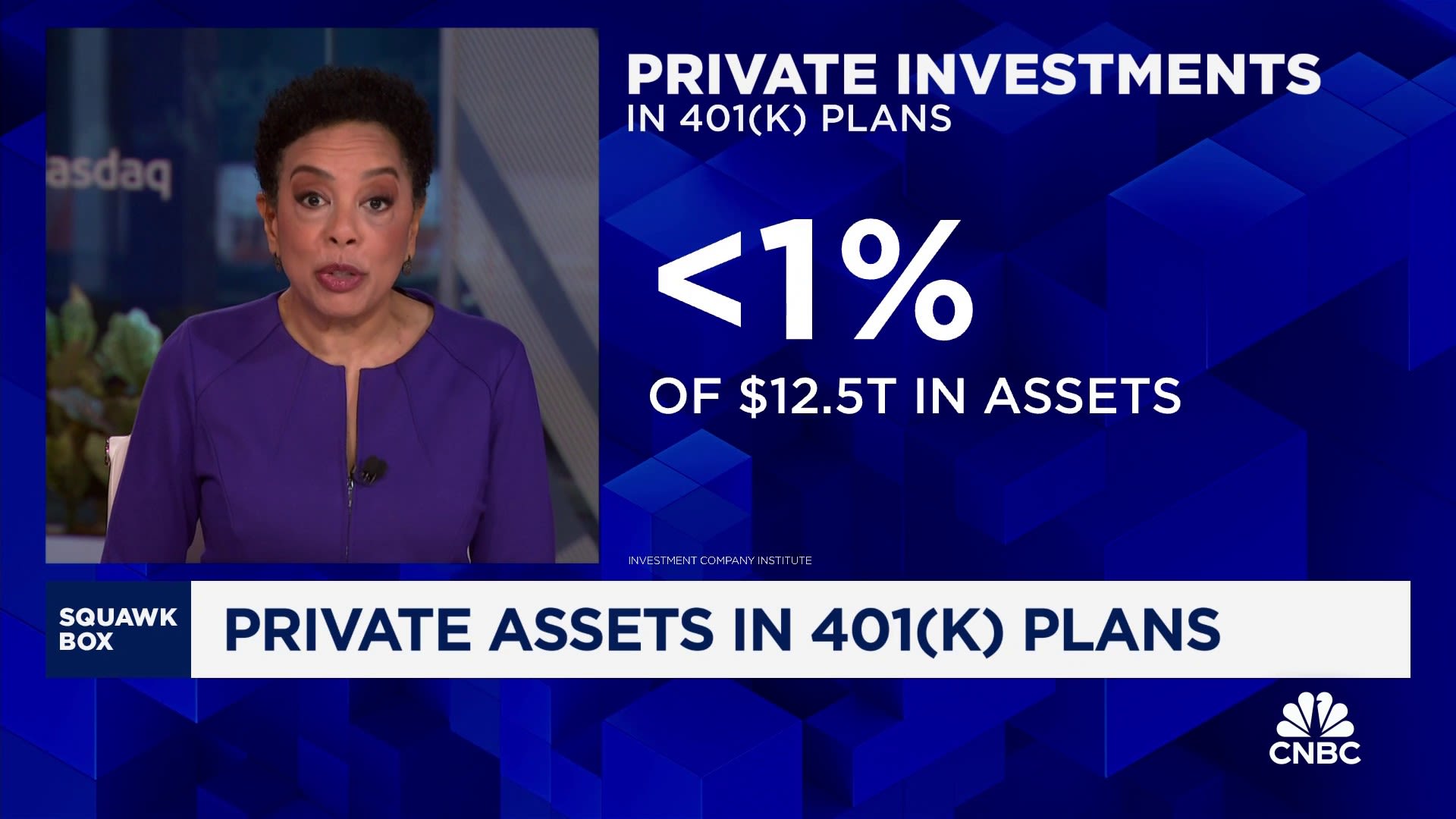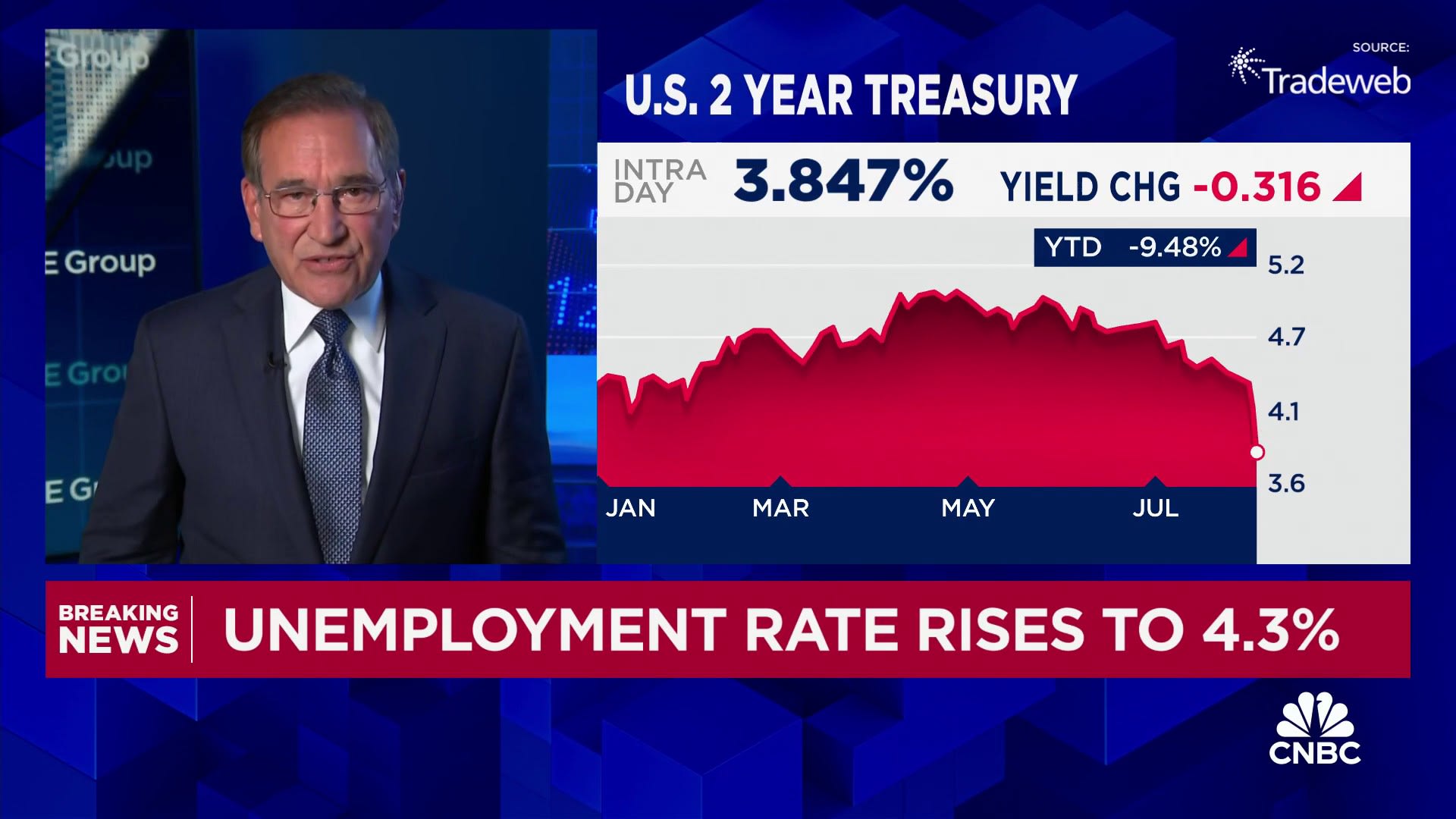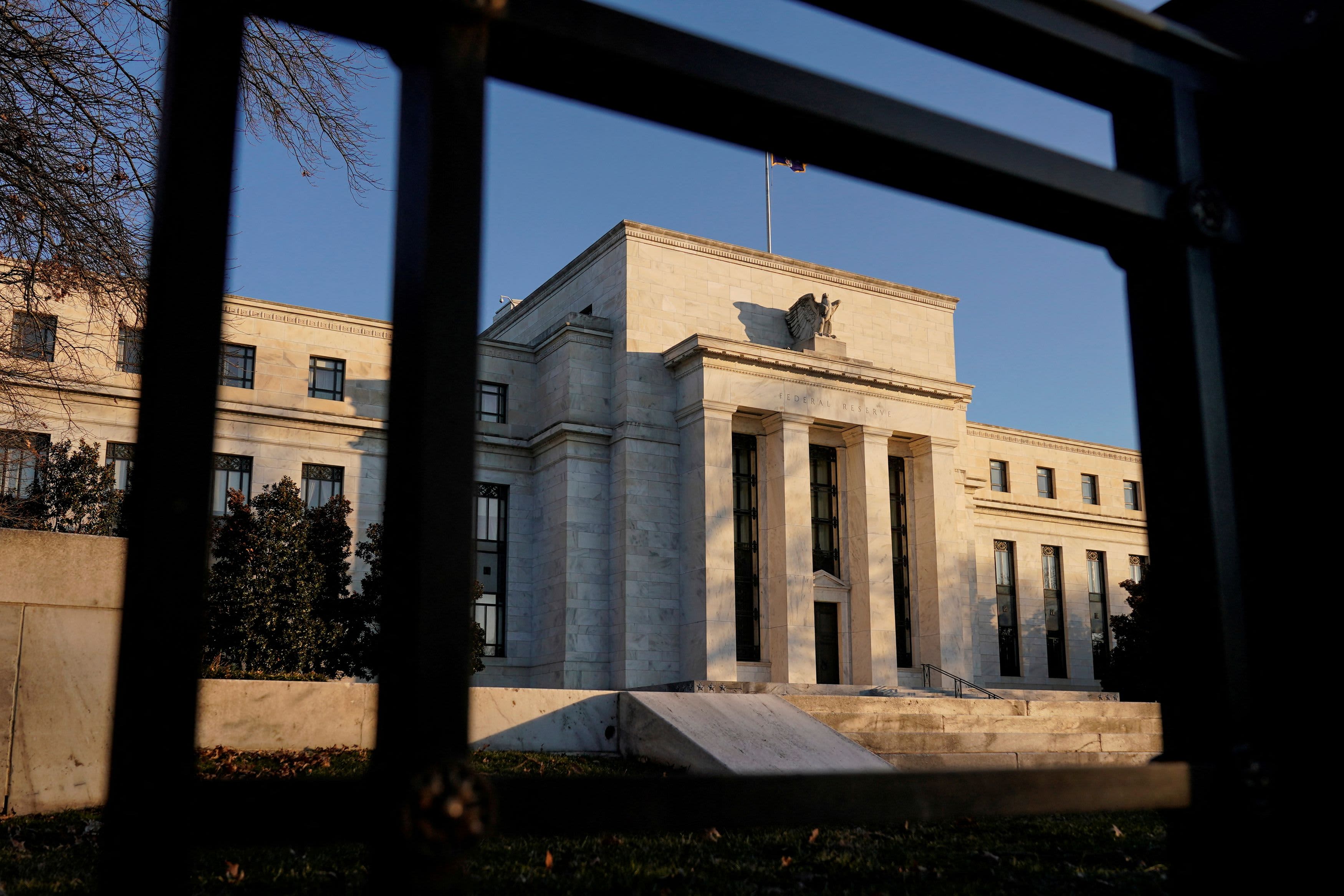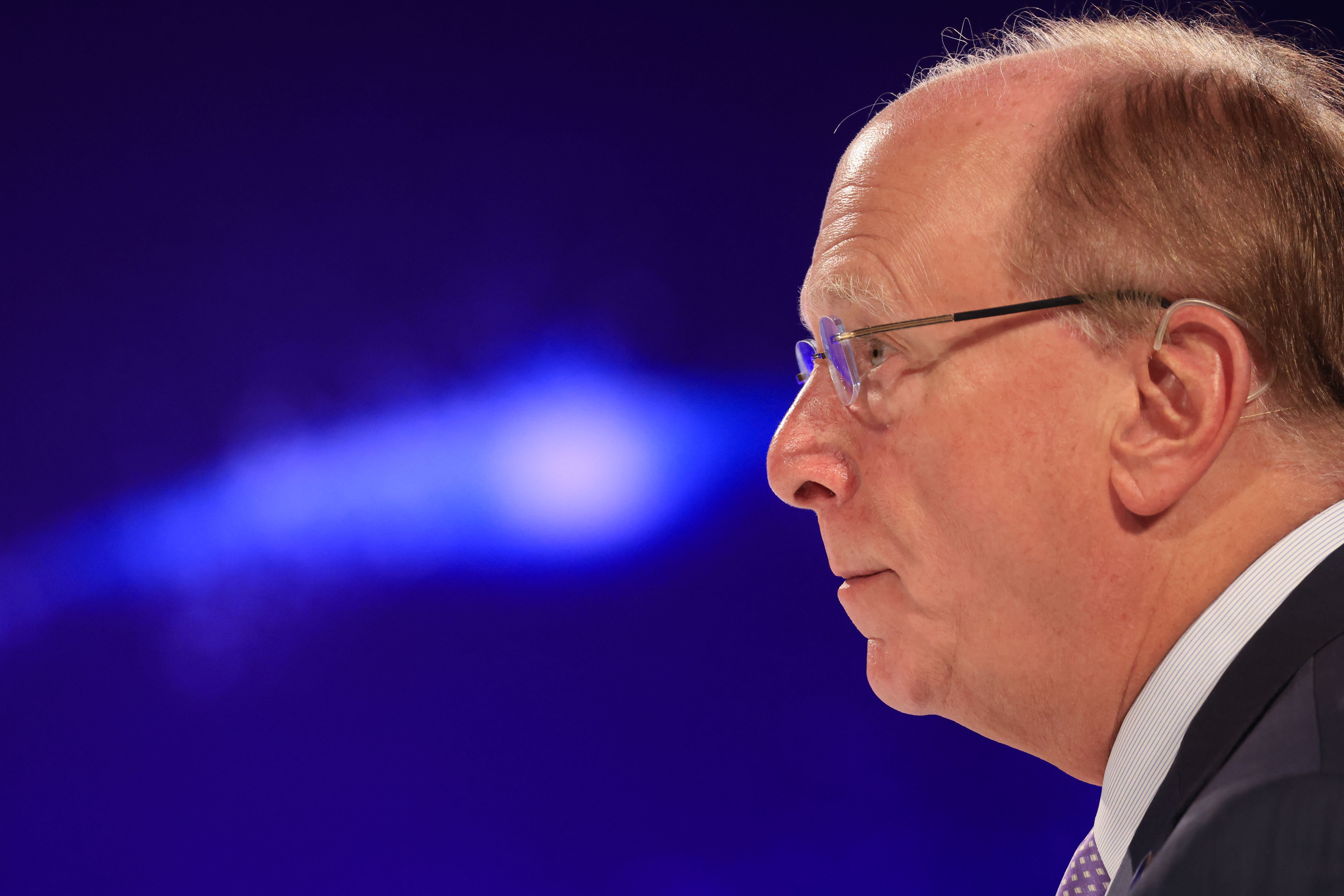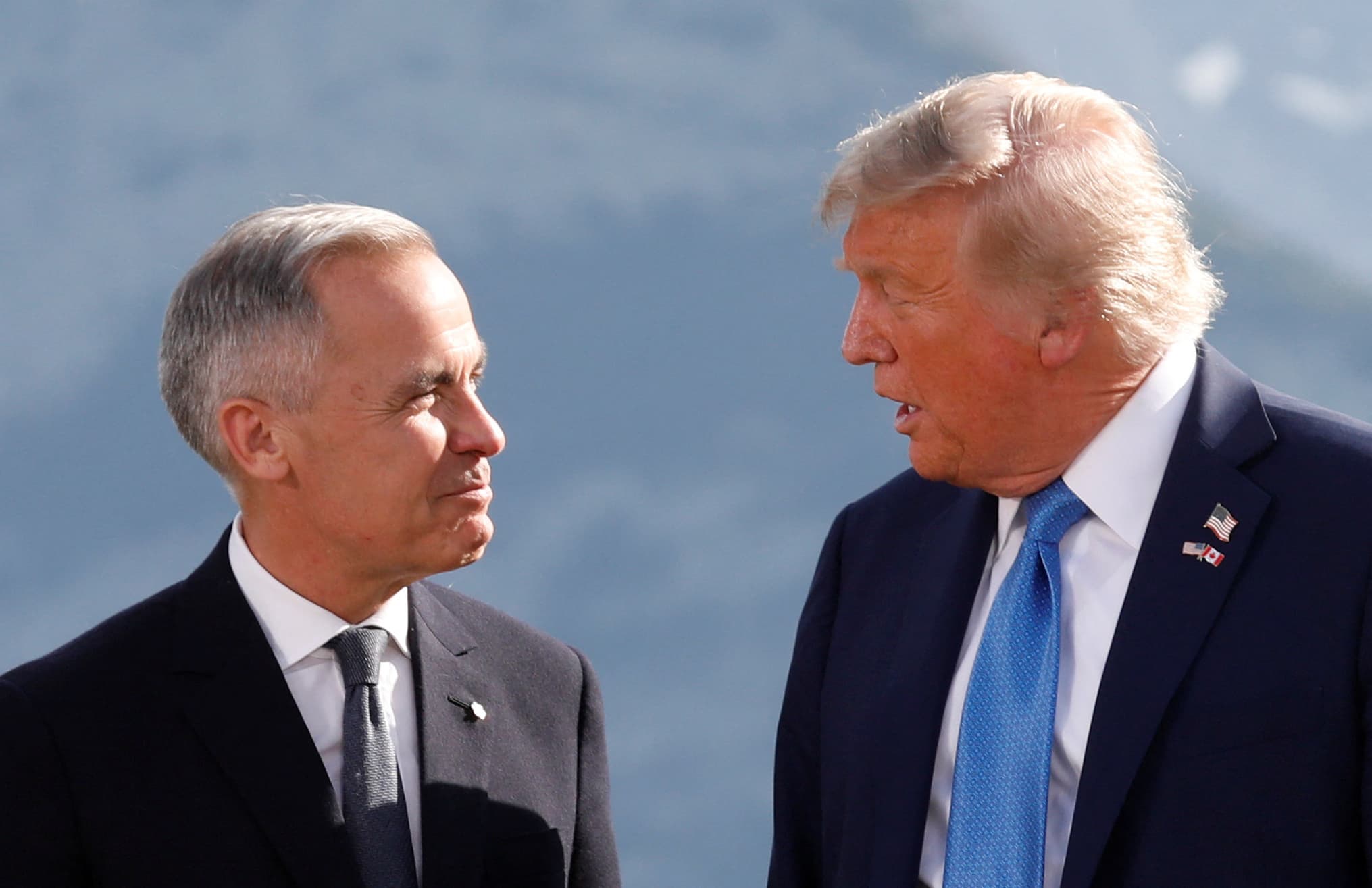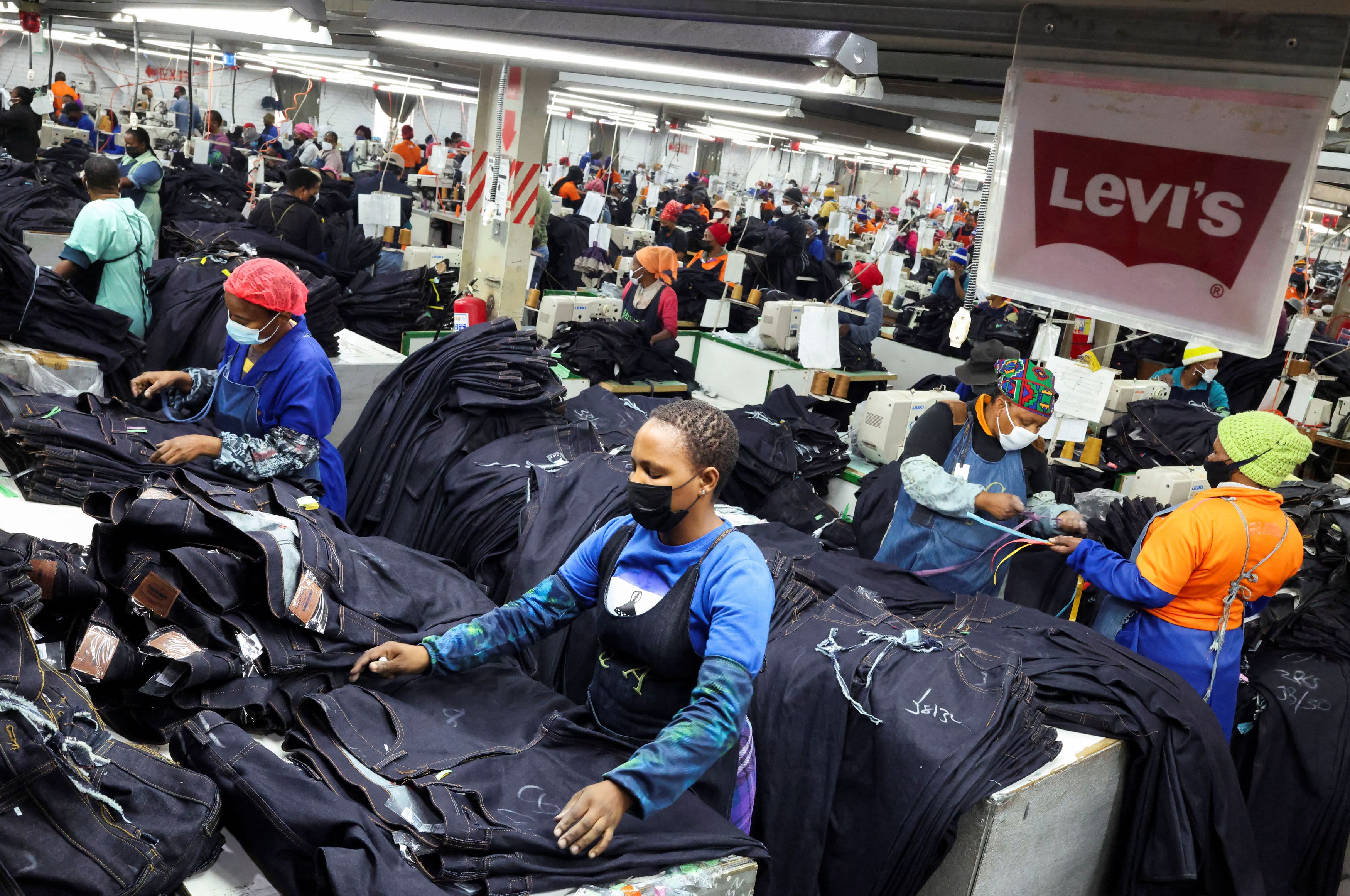The Deutsche Telekom pavilion at Mobile World Congress in Barcelona, Spain.
Angel Garcia | Bloomberg | Getty Images
BARCELONA — Europe’s telecommunication firms are ramping up calls for more industry consolidation to help the region compete more effectively with superpowers like the U.S. and China on key technologies like 5G and artificial intelligence.
Last week at the Mobile World Congress (MWC) trade show in Barcelona, CEOs of several telecoms firms called on regulators to make it easier for them to combine their operations with other businesses and reduce the overall number of carriers operating across the continent.
Currently, there are numerous telco players operating in multiple EU countries and non-EU members such as the U.K. However, telco chiefs told CNBC this situation is untenable, as they’re unable to compete effectively when it comes to price and network quality.
“If we’re going to invest in technology, in deep know-how, and bring drastic change, positive drastic change in Europe — like other large technological companies have done in the U.S. or we’re seeing today in China — we need scale,” Marc Murtra, CEO of Spanish telecoms giant Telefonica, told CNBC’s Karen Tso in an interview.
“To be able to get scale, we need to consolidate a fragmented market like the telecoms market in Europe,” Murtra added. “And for that, we need a regulation that allows us to consolidate. So what we do ask is: please unleash us. Let us gain scale. Let us invest in technology and bring upon productive change.”
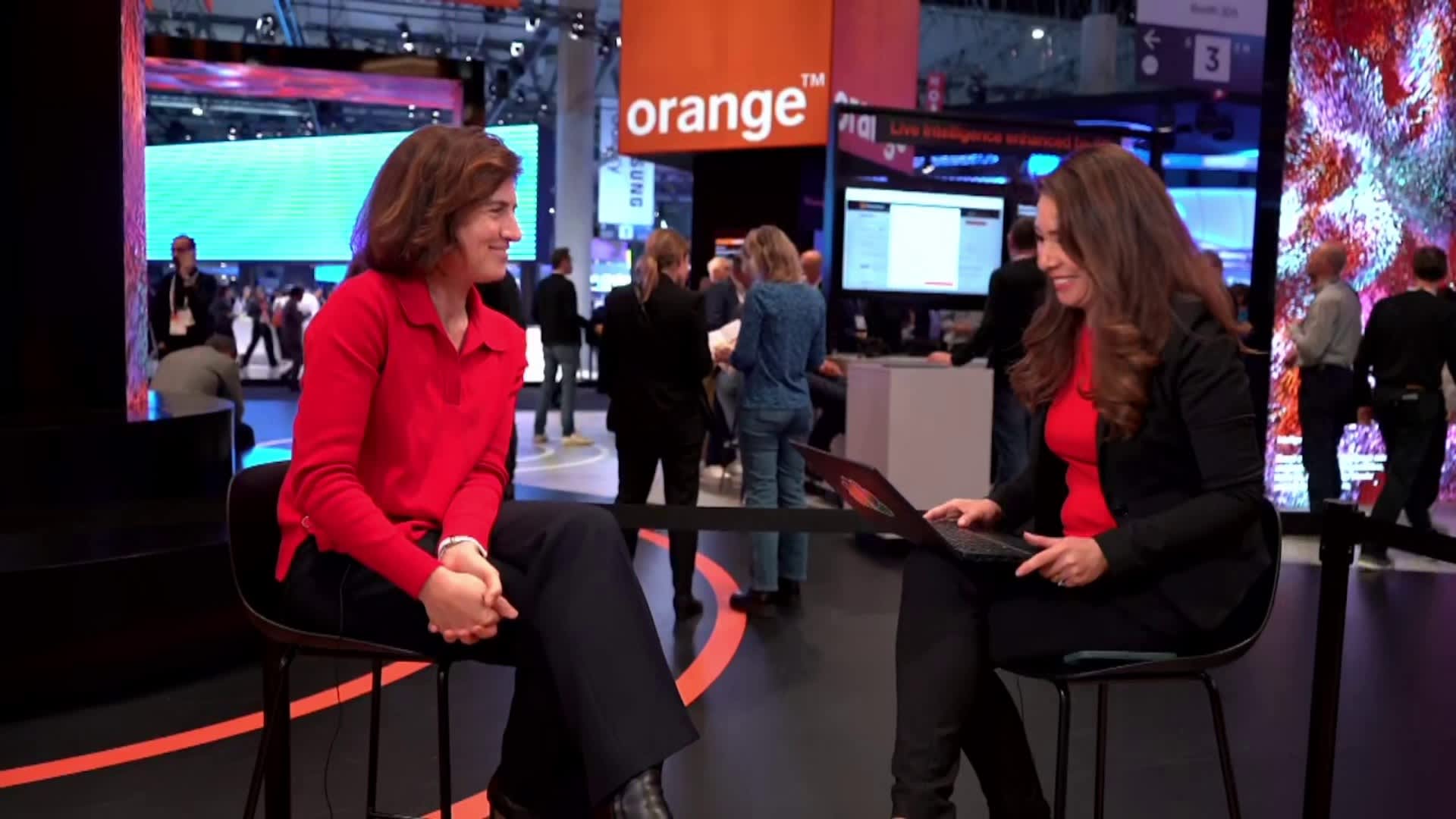
Christel Heydemann, CEO of French carrier Orange, said that while some mega-deal activity is starting to gather pace in Europe, more needs to be done to guarantee the continent’s competitiveness on the world stage.
Last year, Orange closed a deal to merge its Spanish operations with local mobile network provider Masmovil. Meanwhile, more recently, the U.K.’s Competition and Markets Authority approved a £15 billion ($19 billion) merger between telecoms firms Vodafone and Three in the U.K., subject to certain conditions.
“We’ve been actively driving consolidation in Europe,” Orange’s Heydemann told CNBC. “We see things changing now. There’s still a lot of hope.”
However, she added: “I think there’s a lot of pressure in Europe from the business environment on our political leaders to get things to change. But really, things have not yet changed.”
During a fiery keynote address on Monday, the CEO of German telco Deutsche Telekom, Tim Höttges, said that other telco markets such as the U.S. and India have condensed in size to only a handful of players.
The American telco industry is dominated by its three largest mobile network operators, Verizon, AT&T and T-Mobile. T-Mobile is majority-owned by Deutsche Telekom.

A chart comparing the share price performance of T-Mobile, America’s largest telco by market cap, with that of Germany’s Deutsche Telekom and France’s Orange.
“We need a reform of the of the competition policy,” Höttges said onstage at MWC. “We have to be allowed to consolidate our activities.”
“There is no reason that every market has to operate with three or four operators,” he added. “We should build a European single market … because, if we cannot increase our consumer prices, if we cannot charge the over-the-top players, we have to get efficiencies out of the scale which we created.”
“Over-the-top” refers to media platforms such as Netflix that deliver content over the internet, bypassing traditional cable networks.
Europe’s competitiveness in focus
From AI to advances to next-generation 5G networks, Europe’s telecoms firms have been investing heavily into new technologies in a bid to move beyond the legacy model of laying down cables that enable internet connectivity — a business model that’s earned them the pejorative term “dumb pipes.”
However, this costly endeavor of modernization has happened in tandem with sluggish revenue growth and an inability for the sector to effectively monetize its networks to the same degree that technology giants have done with the emergence of mobile applications and, more recently, generative AI tools.
At MWC, many mobile network operators talked up their usage of AI to improve network quality, better serve their customers and gain market share from competitors.
Still, Europe’s telco bosses say they could be accelerating their digital transformation journeys if they were allowed to combine with other large multinational players.
“There’s this real focus now around European competitiveness,” Luke Kehoe, industry analyst for Europe at network intelligence firm Ookla, told CNBC on the sidelines of MWC last week. “There’s a goal to mobilize policy to improve telecoms networks.”

In January, the European Commission, the executive body of the European Union, issued its so-called “Competitiveness Compass” to EU lawmakers.
The document calls for, among other things, “revised guidelines for assessing mergers so that innovation, resilience and the investment intensity of competition in certain strategic sectors are given adequate weight in light of the European economy’s acute needs.”
Meanwhile, last year former European Central Bank President Mario Draghi released a long-awaited report that urged radical reforms to the EU through a new industrial strategy to ensure its competitiveness.
It also calls for a new Digital Networks Act that would look to improve incentives for telcos to build next-generation mobile networks, reduce compliance costs, improve connectivity for end-users, and harmonize EU policy across the network spectrum, or the range of radio frequencies used for wireless communication.
“The common theme and the mood music is certainly reducing ex-ante regulation and to foster what they would call a more competitive environment which is an environment more conducive of consolidation,” Ookla’s Kehoe told CNBC. “Moving forward, I think that there will be more consolidation.”
However, the telco industry has some way to go toward seeing transformational cross-border mergers and acquisitions, Kehoe added.
For many telco industry analysts, the demands for increased consolidation is nothing new.
“European telco CEOs have never been shy about calling for consolidation and growth-friendly regulation,” Nik Willetts, CEO of the telco industry association TM Forum, told CNBC. “But regulation is only one piece of the puzzle.”
“In the last 12 months we’ve seen a new energy from our members in Europe to get on with the huge task to transform themselves: simplifying, modernizing and automating their operations and legacy tech.”
“This will make it possible to rapidly adapt to new customer needs and market realities, whether building new partnerships, undergoing M&A or delayering integrated businesses – all trends we expect to reach new heights over the next 24 months,” he added.
